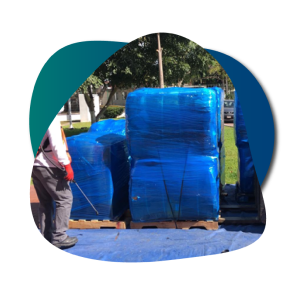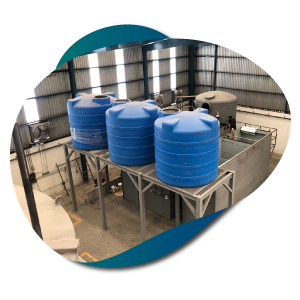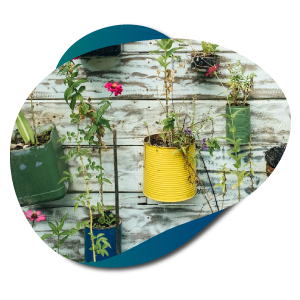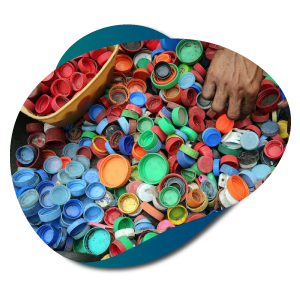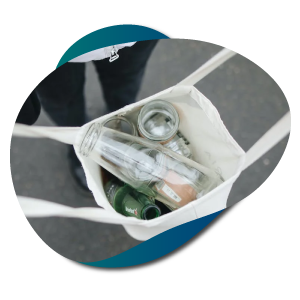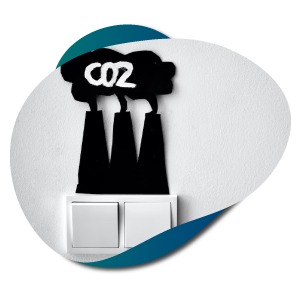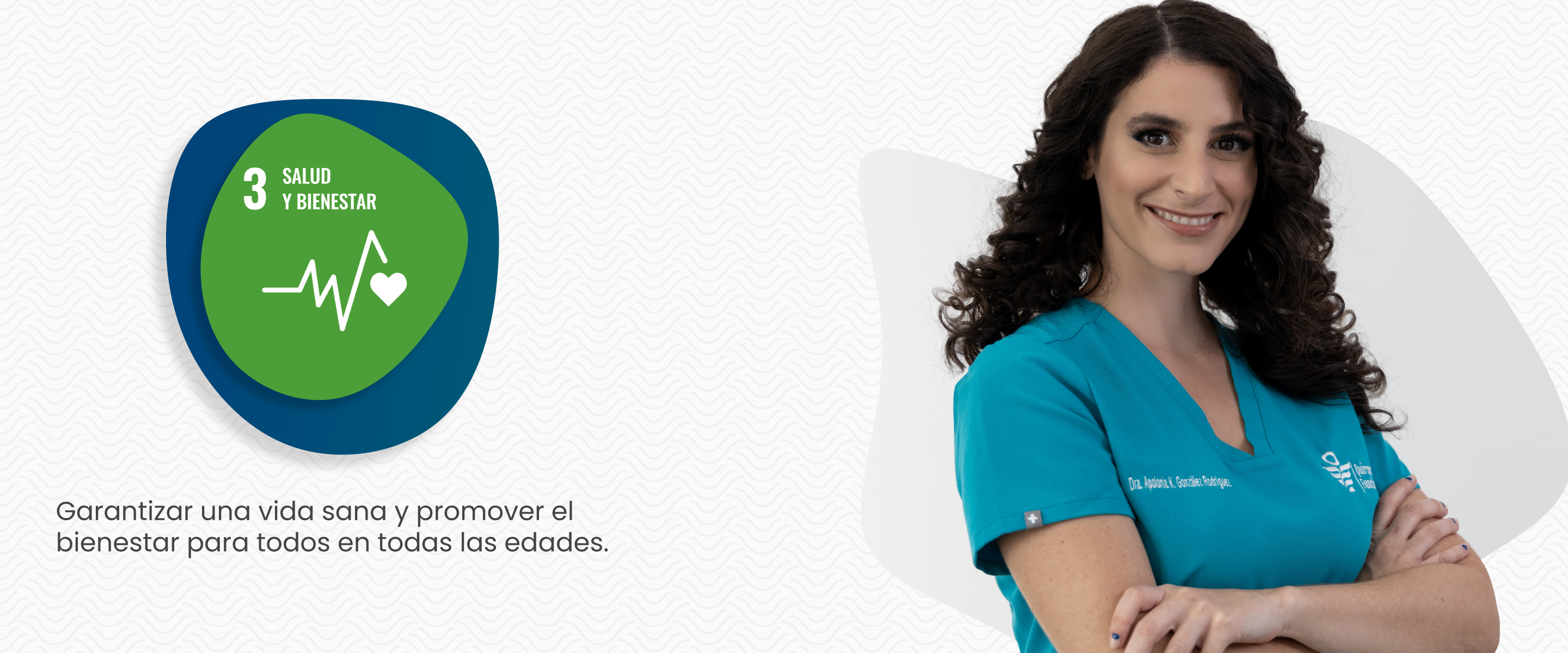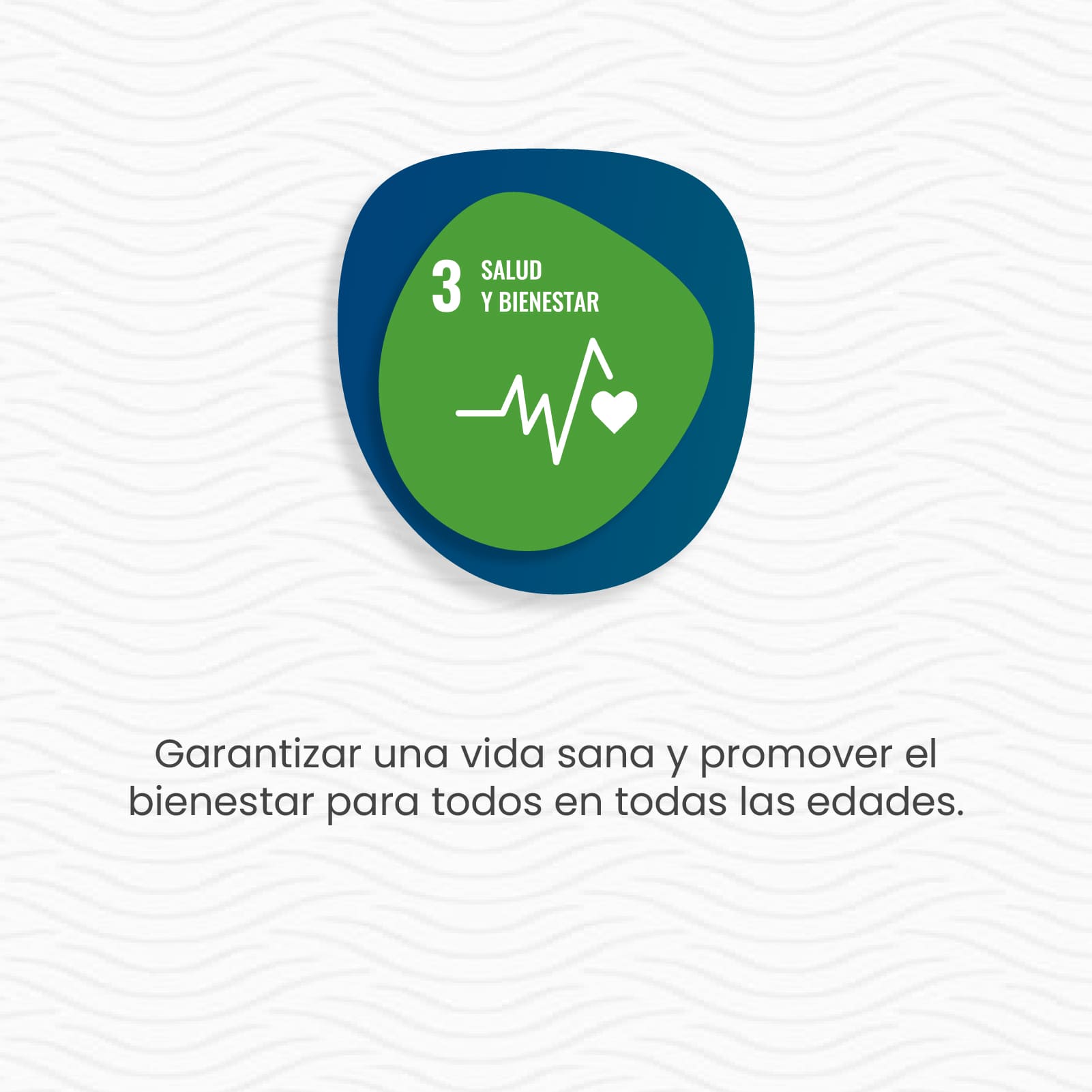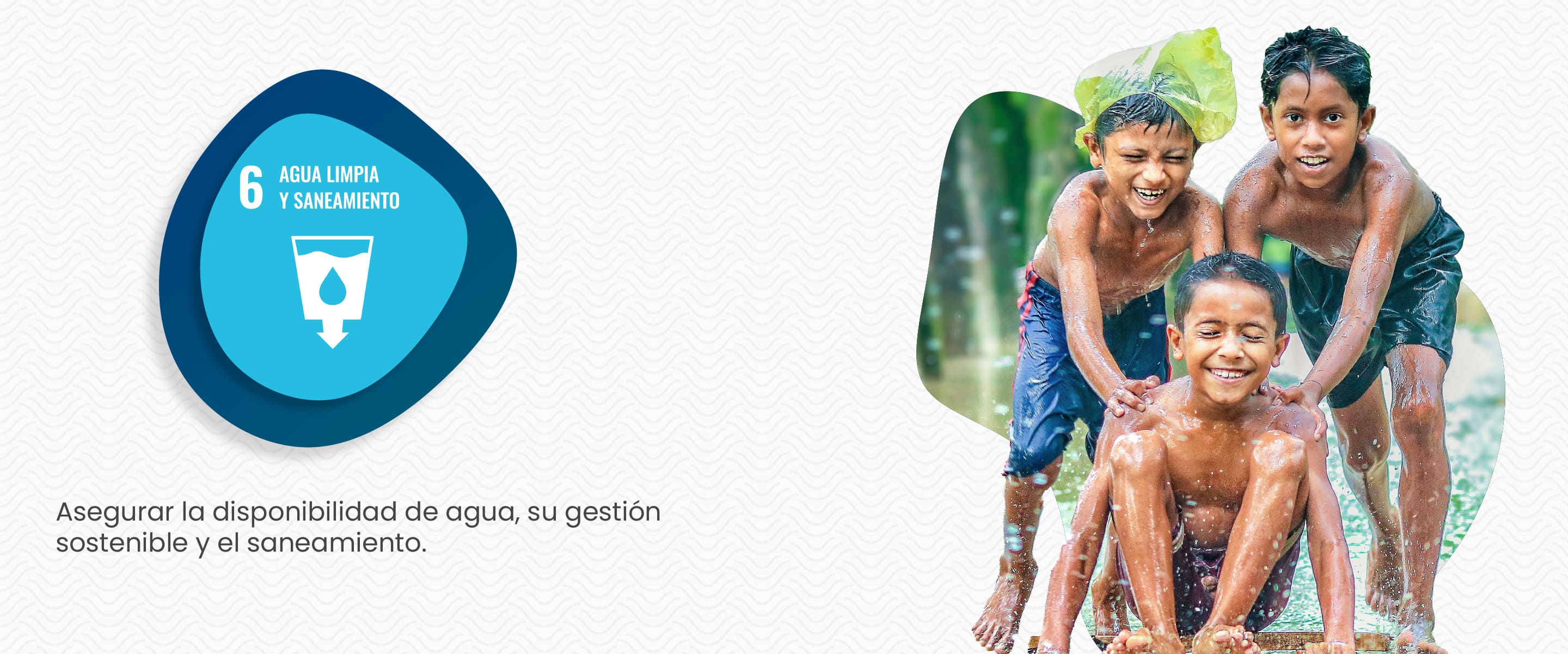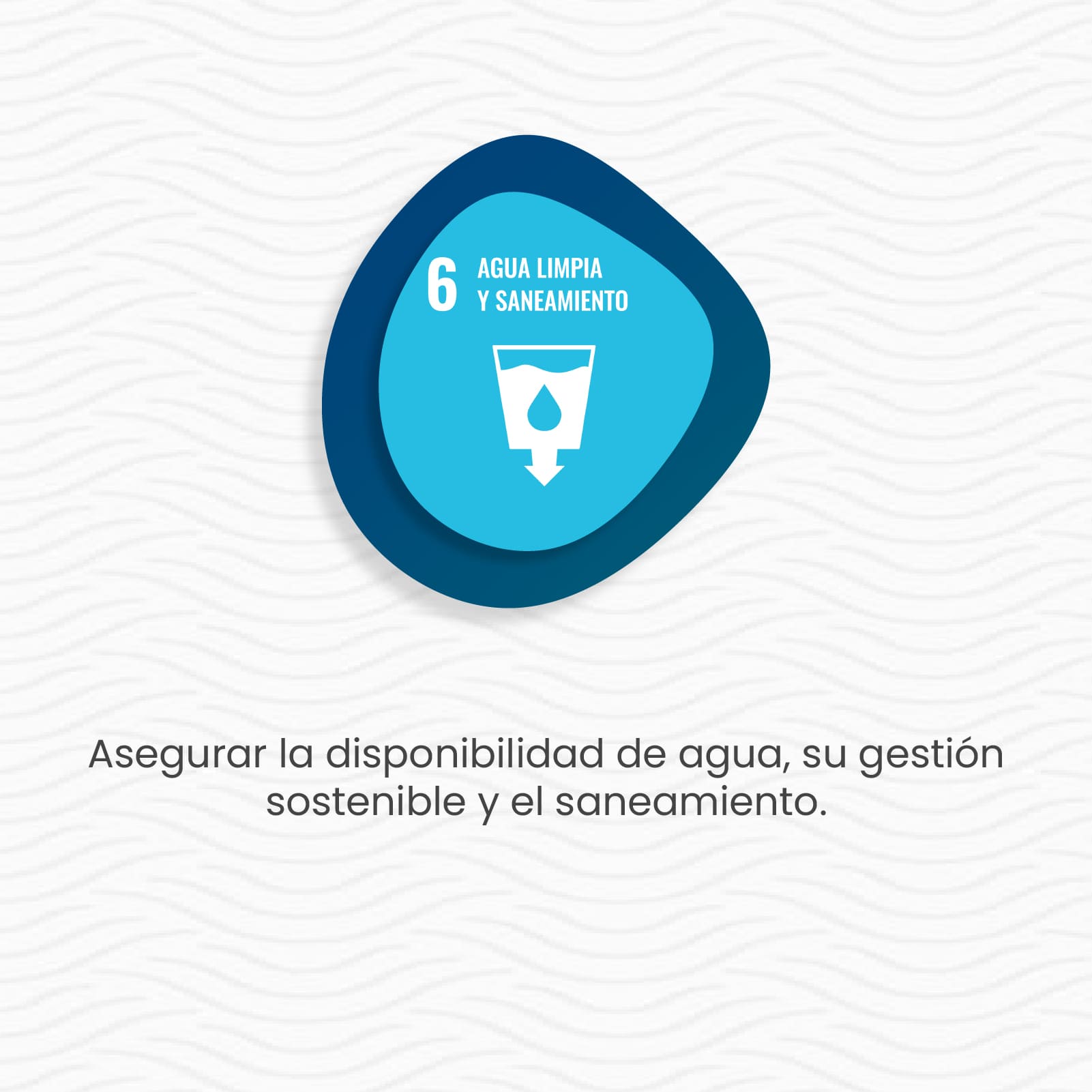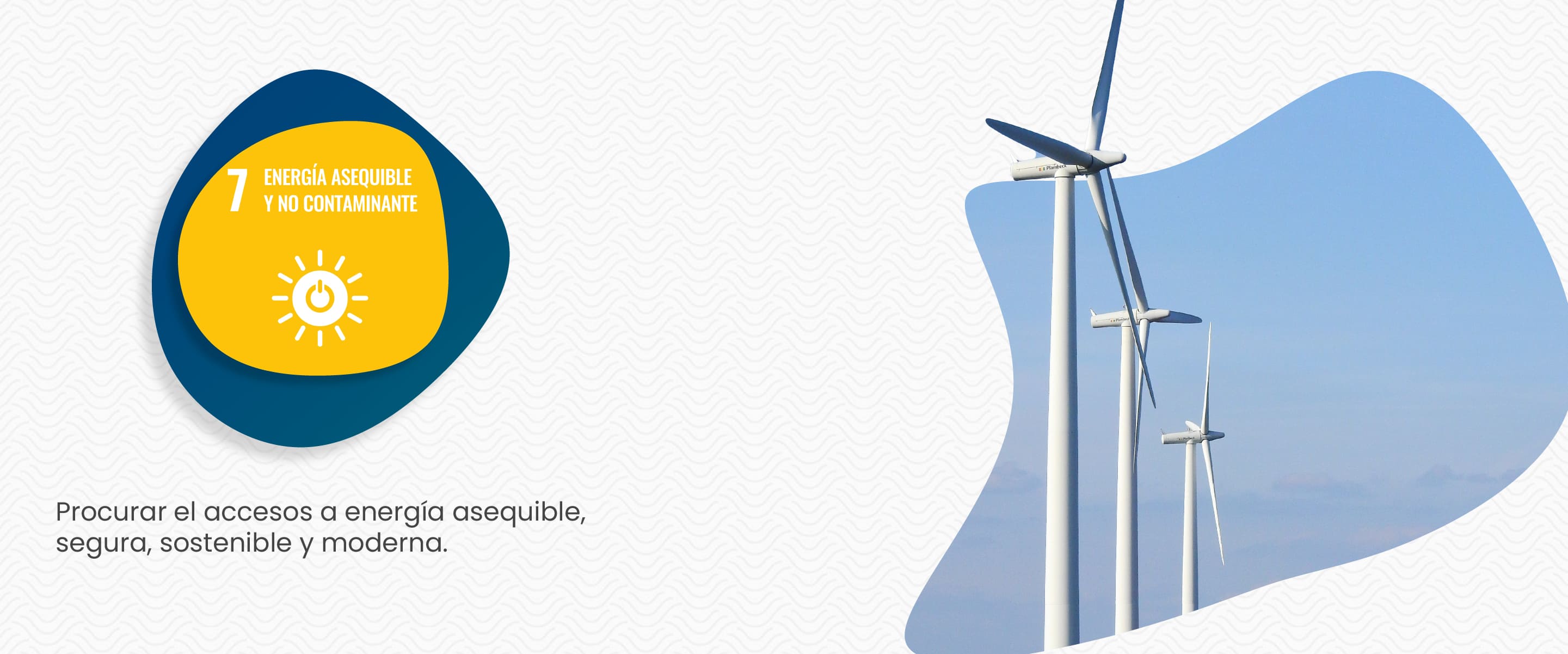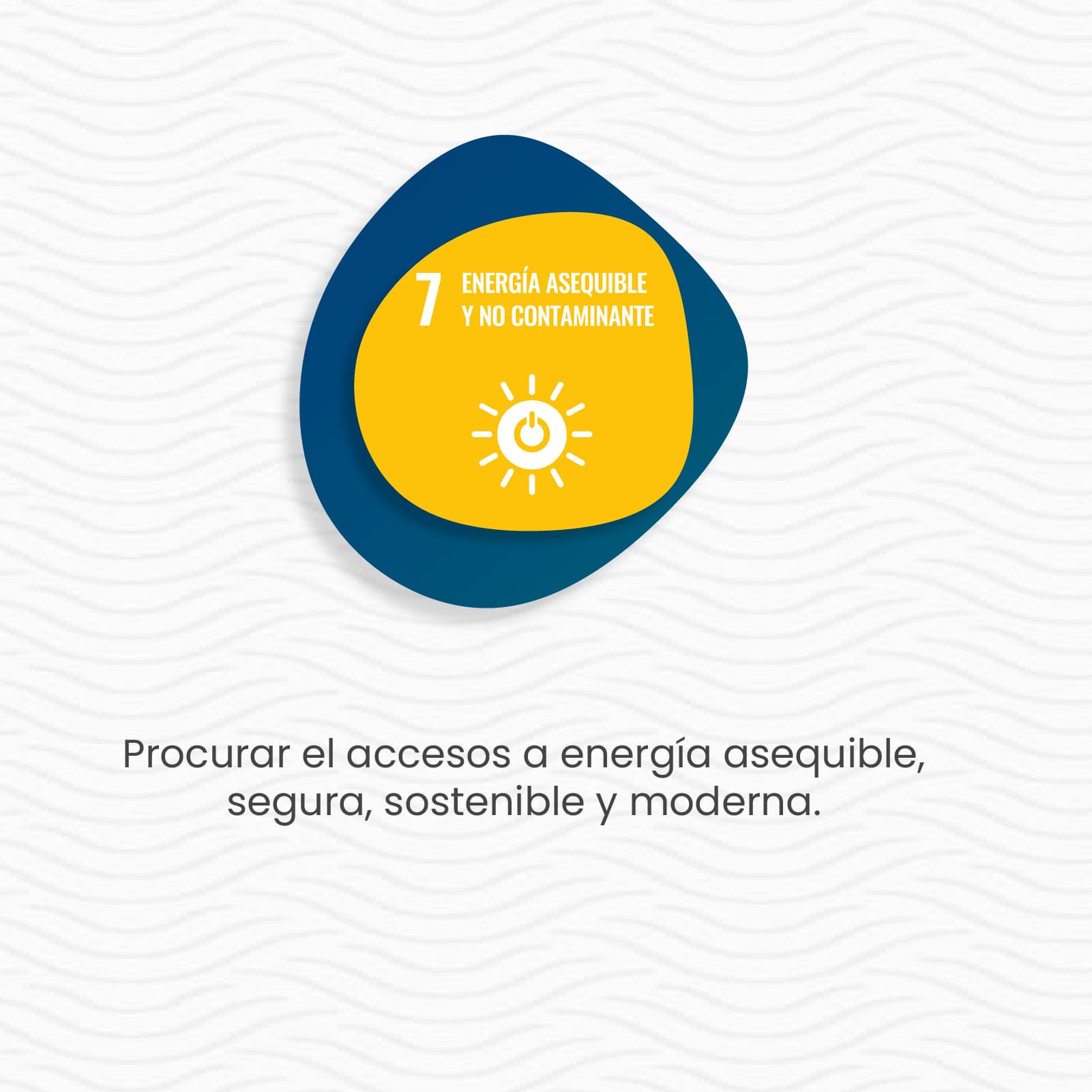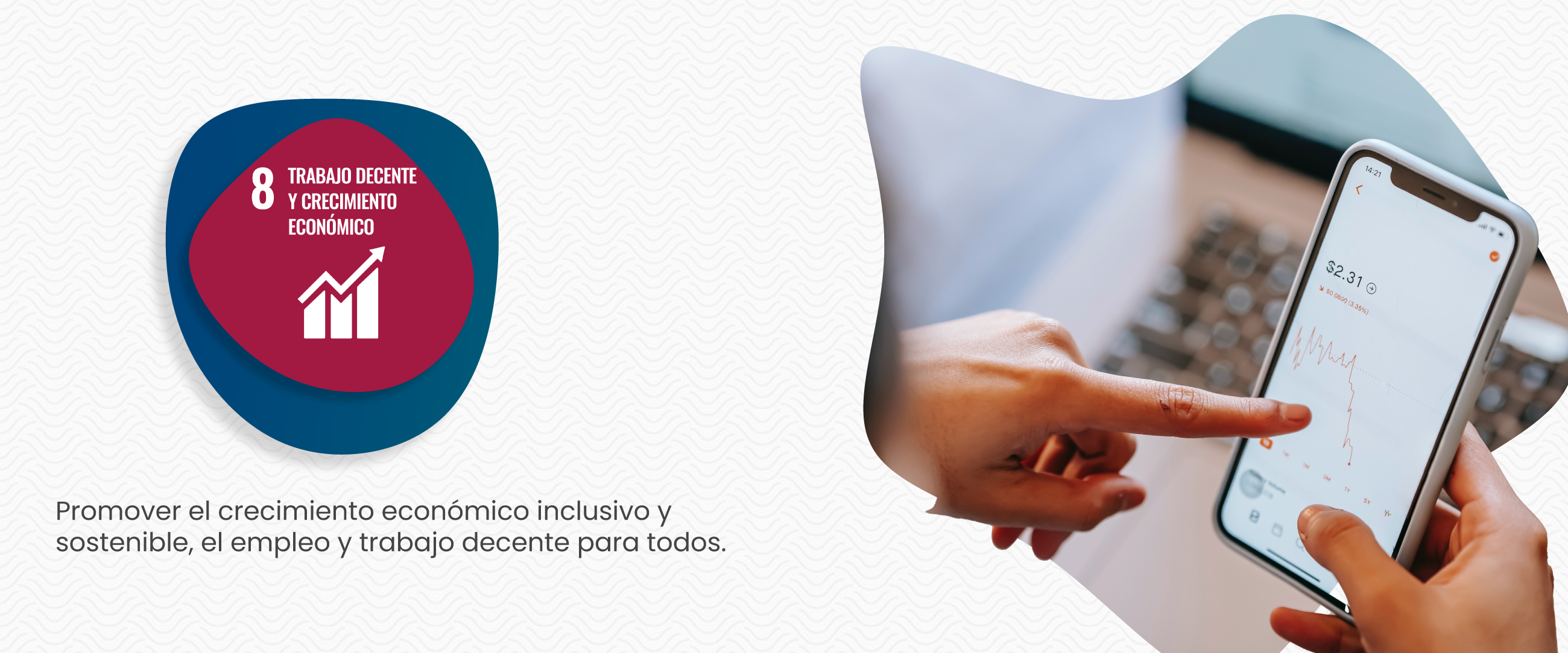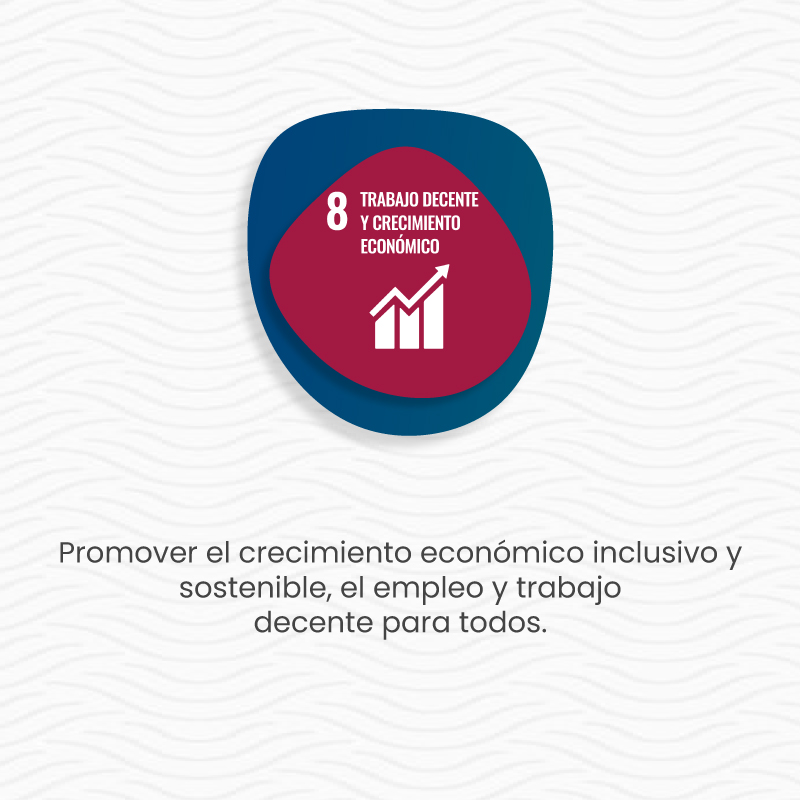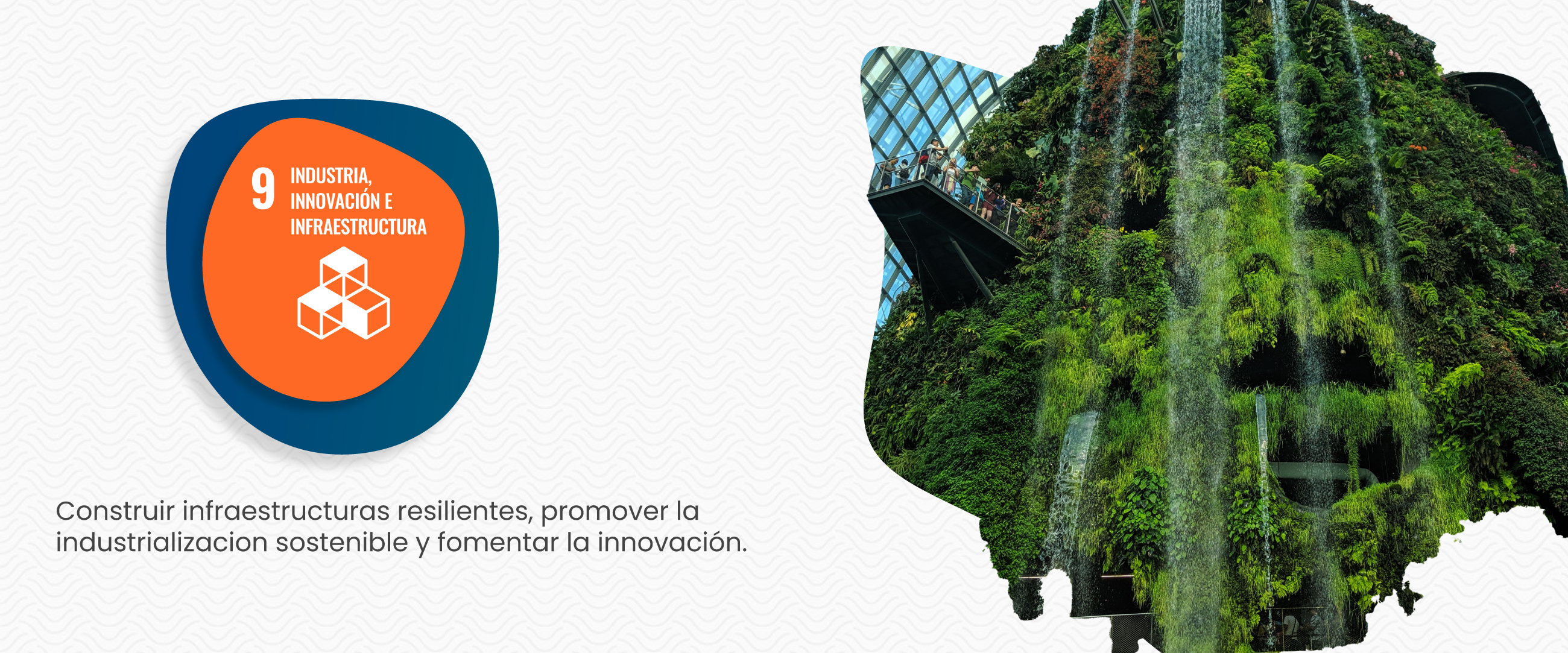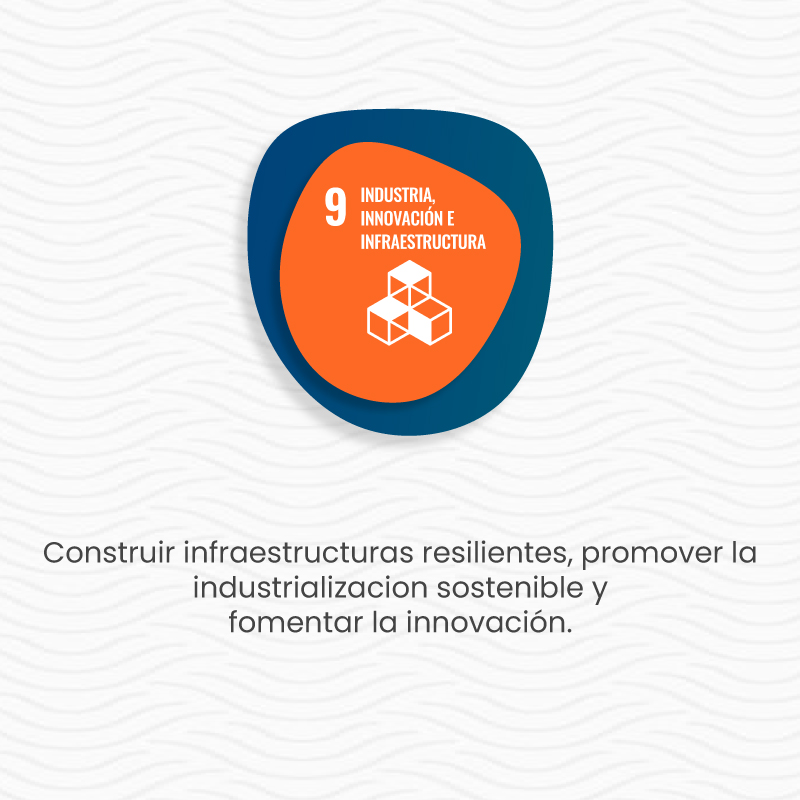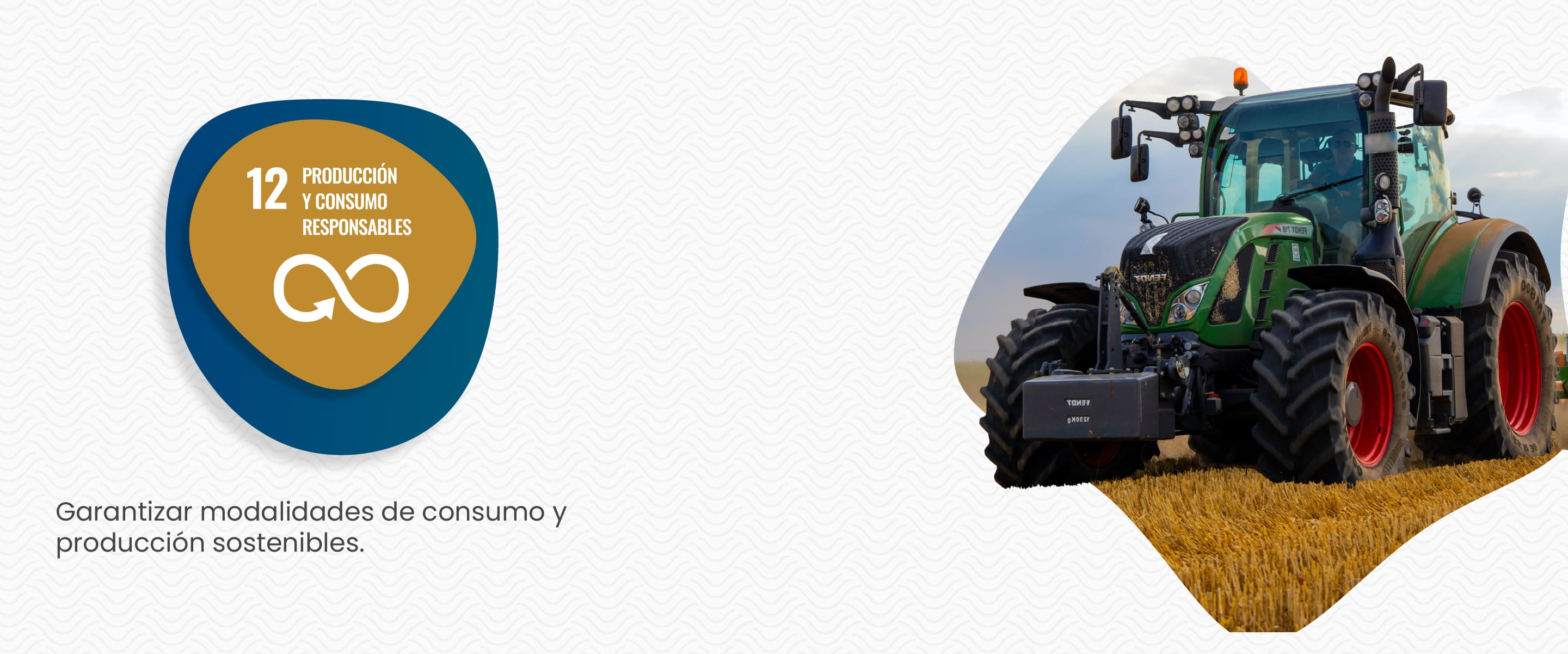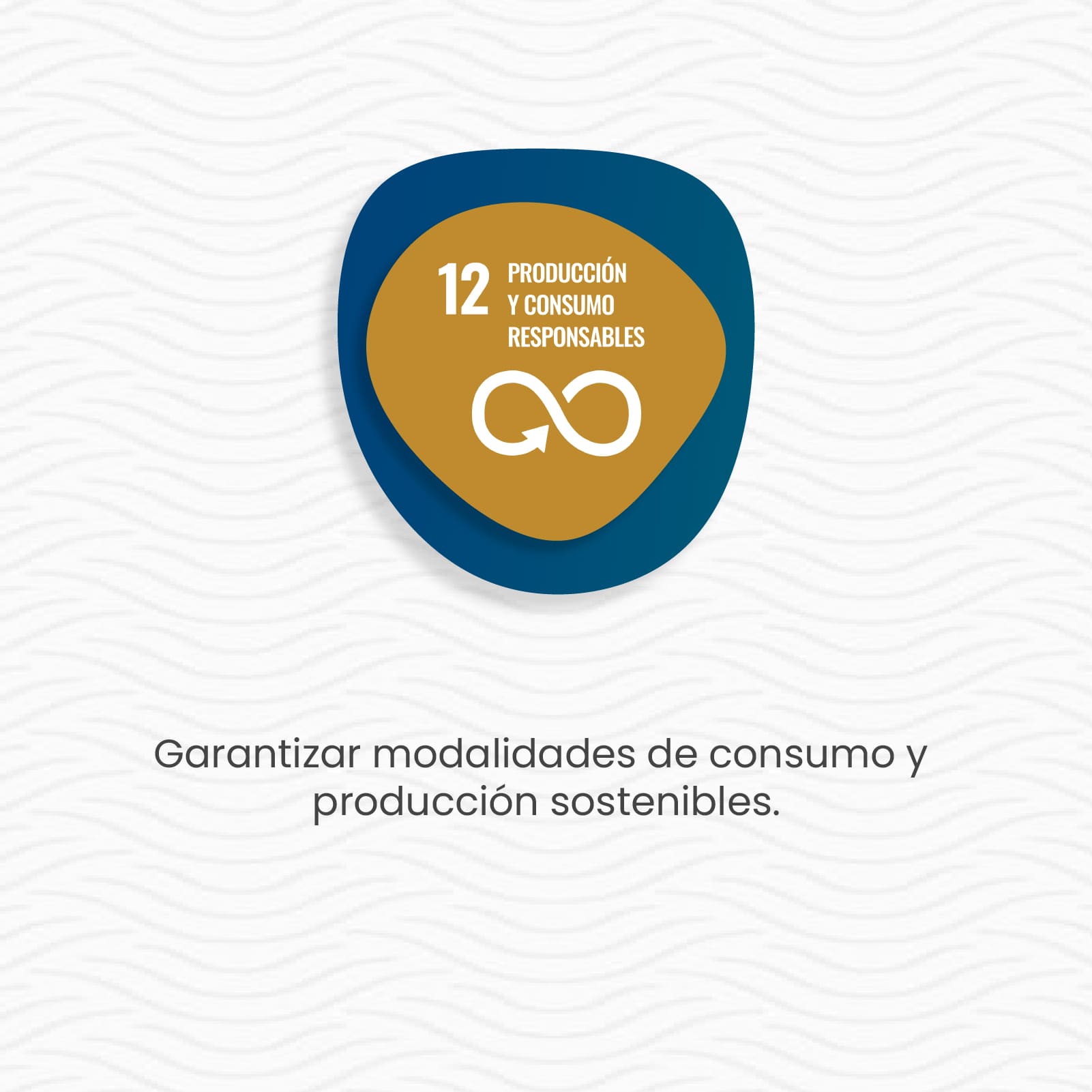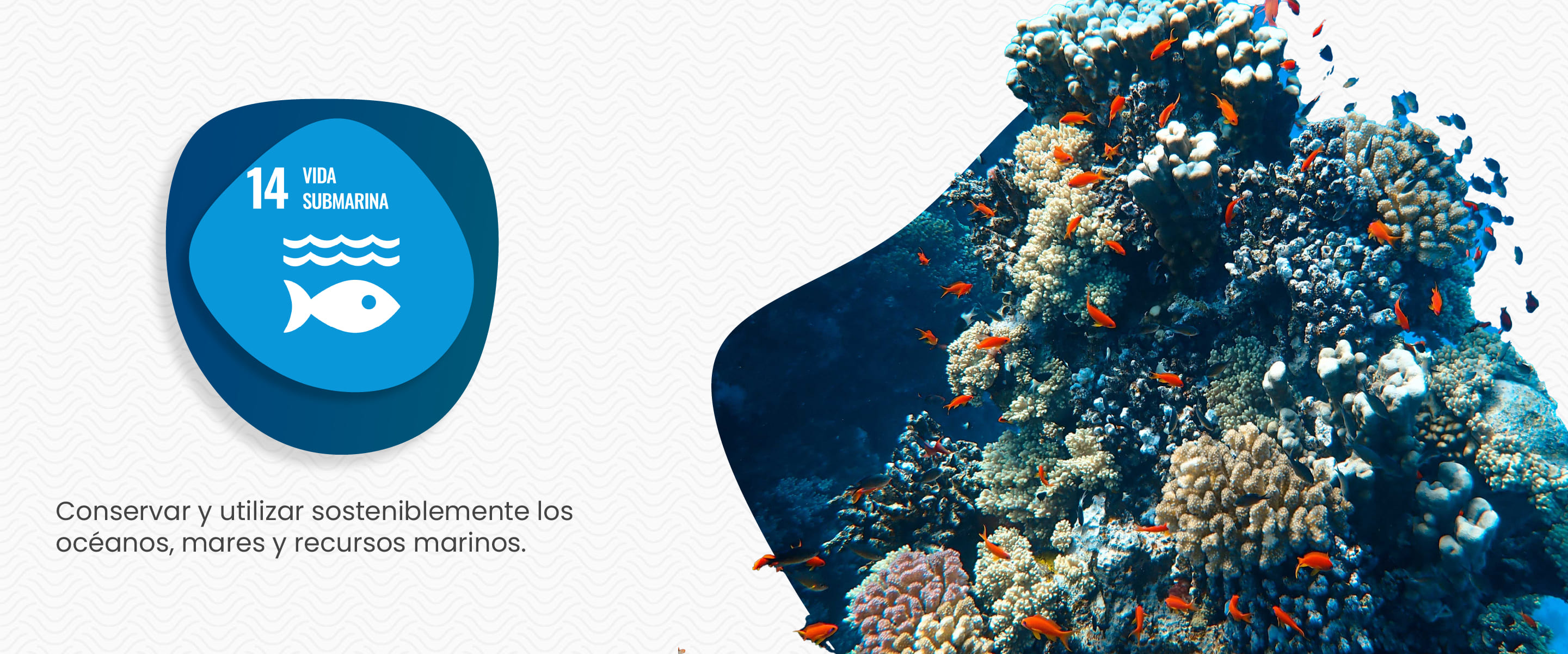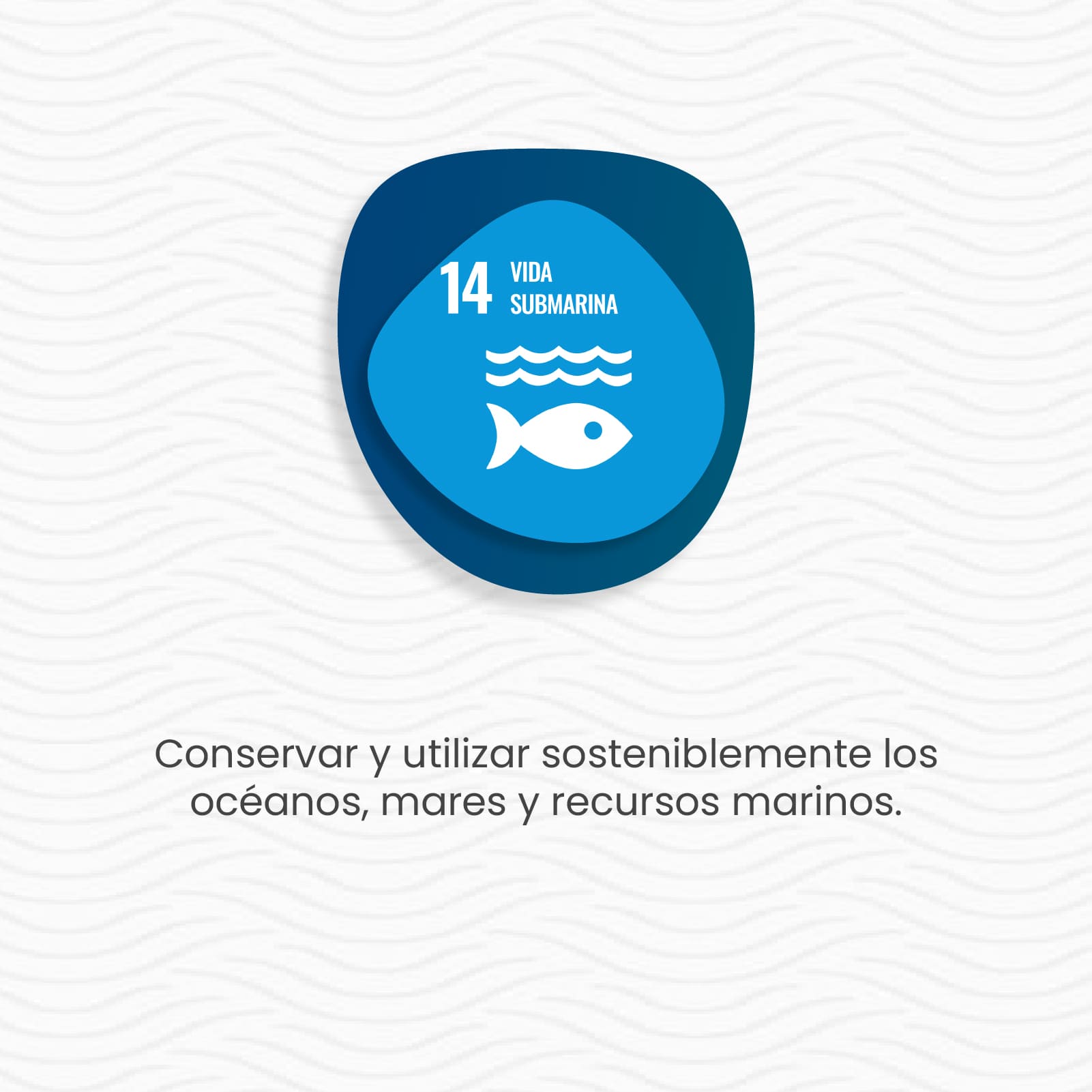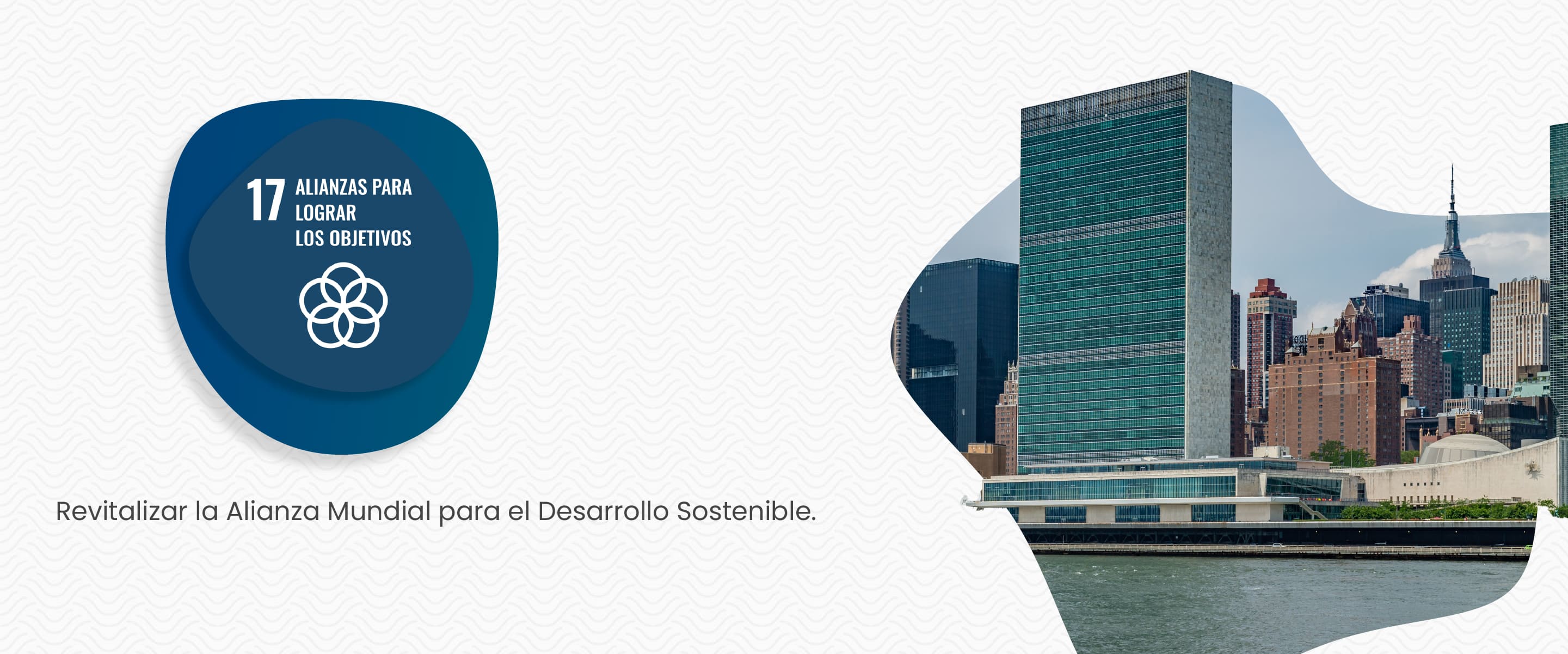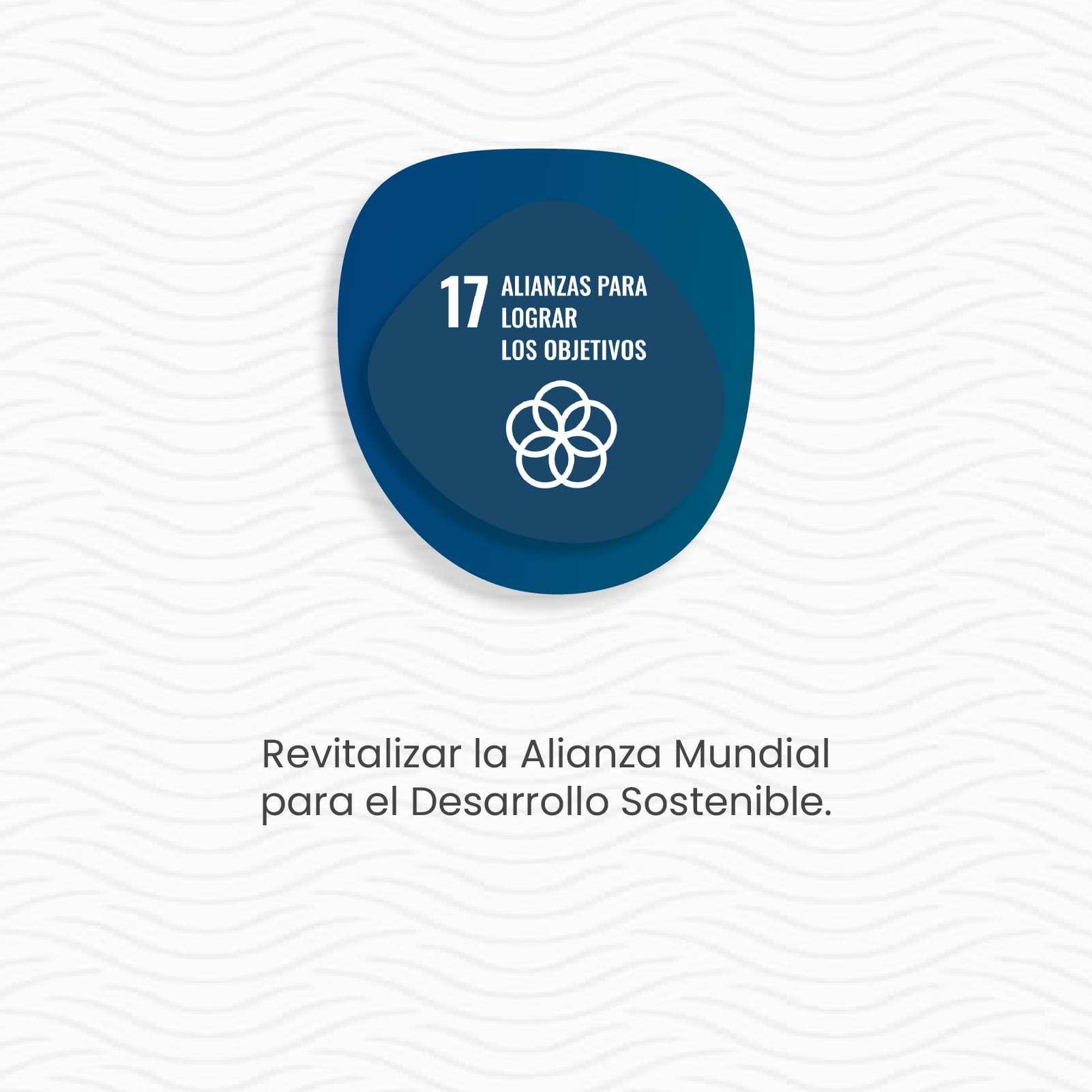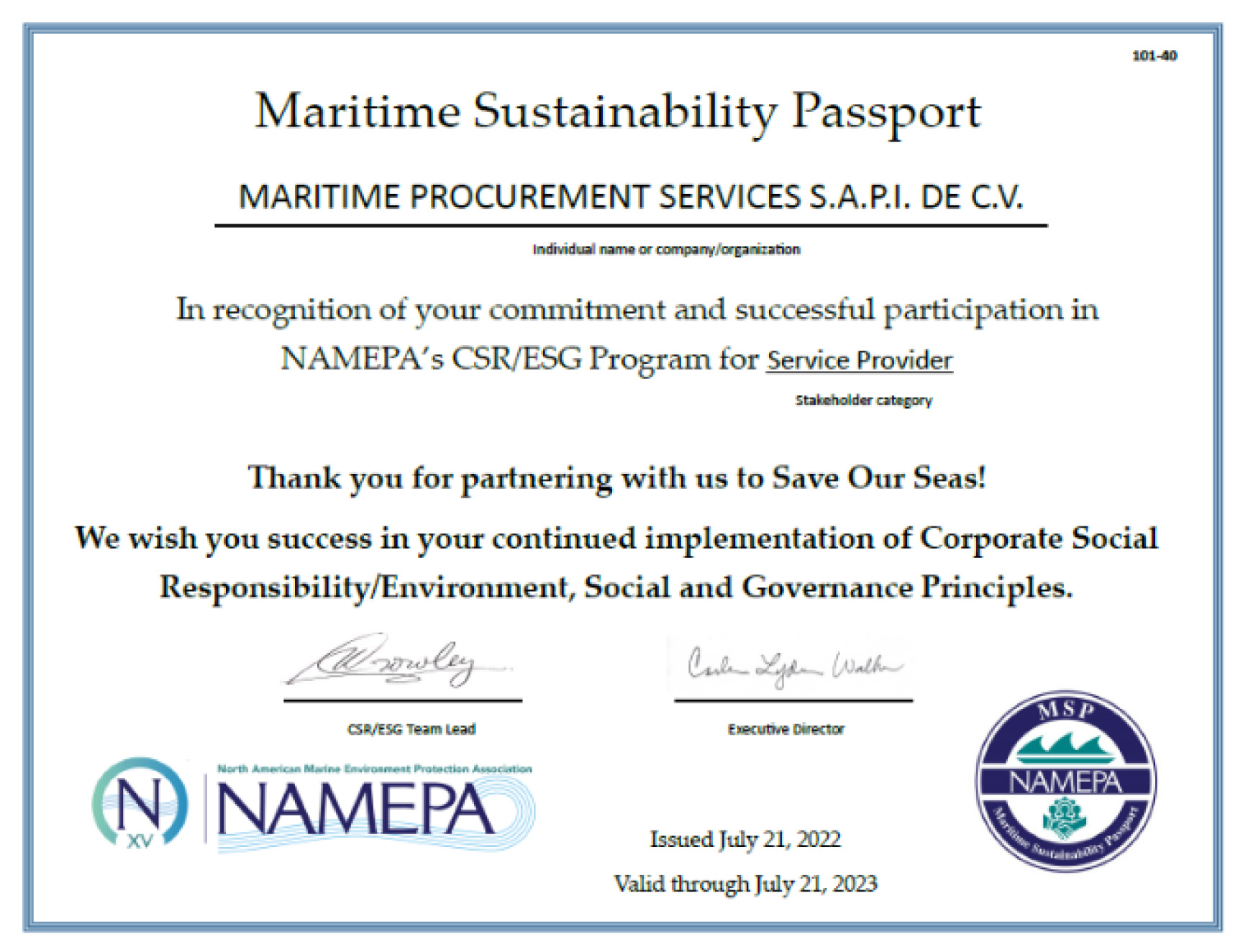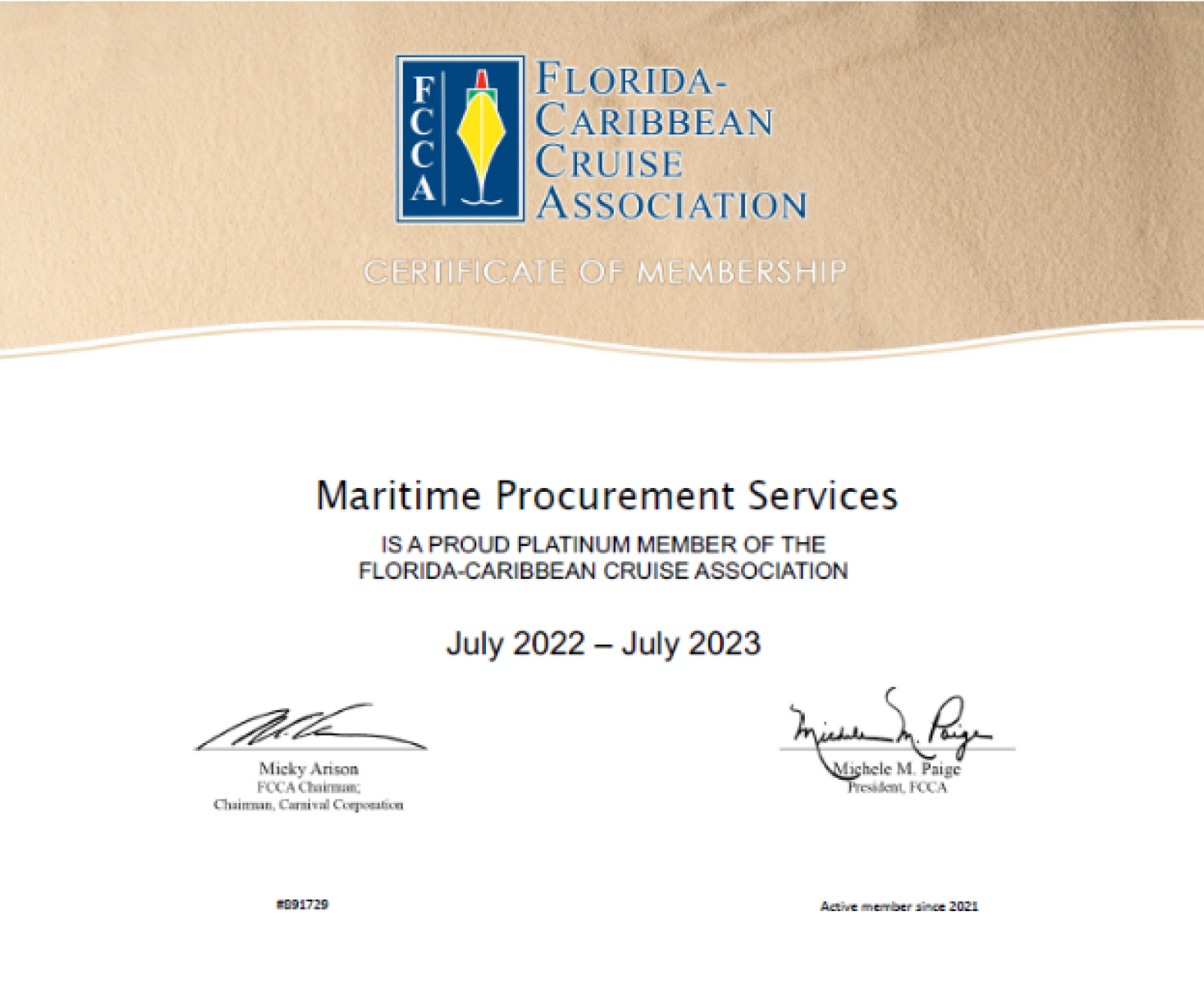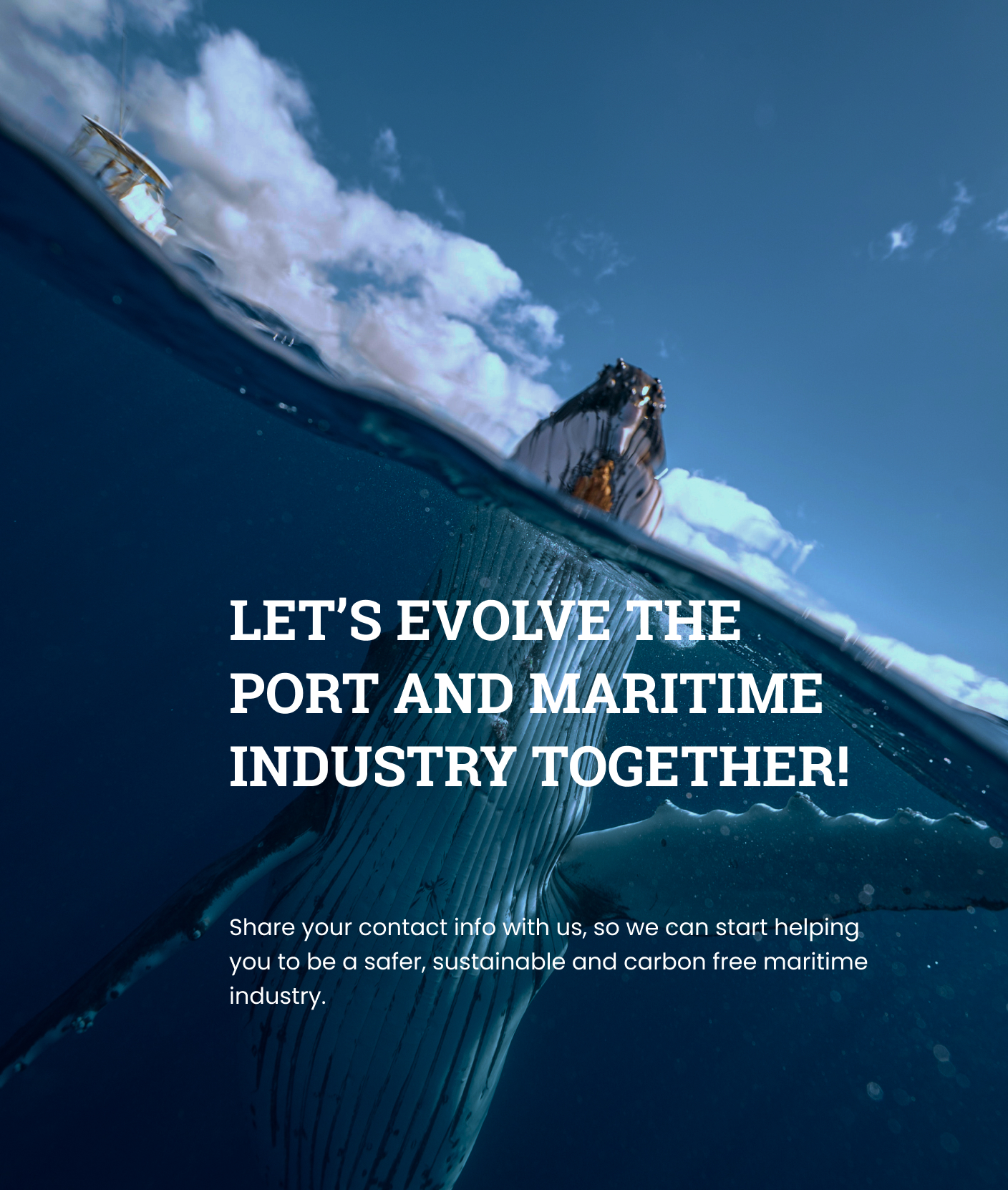We promote the competitiveness of the maritime industry and the conservation of our planet
Every year, around 8 million tons of plastic and other pollutants are dumped into the seas and oceans, which contribute to the deterioration of the environment and advance the climate crisis.
That is why we are the first company of our kind to truly align our operation with the 2030 Sustainable Development Goals and meet the challenge of decarbonizing the maritime industry:
In this way, our circular economy and industrial synergy model allows us to collaborate with the following Sustainable Development Goals targets:
How do we make the maritime
industry more sustainable?
Through our sustainable management models and circular model of solid, liquid and hazardous waste, MPS helps maritime companies with the collection, storage, transfer and final disposal of hydrocarbons, oily blends and other waste generated by vessels and port facilities.
Positive impact
Thanks to wastewater treatment, the emission of approximately 329 kg COe or 219 gCOe per m3 treated was reduced in 2021. At MPS, we work to maximize the organic content removed from wastewater, which prevents further emissions. Our 2021 emissions inventory indicates that our total carbon footprint was208 tCO2e.
We measure our emissions annually to facilitate internal decision making and minimize our impact. The construction and implementation of our circular model for liquid and solid waste management aims to minimize our Scope 1 and 2 emissions as much as possible to meet our goal of becoming carbon neutral in the medium term.In addition, with this innovative model of solid, liquid and hazardous waste management, we extend the useful life cycle of products, including:
Cooking oil > Biodiesel
Broken glass > New bottles
Oily waters, SLOPS and lubricants > Alternative fuels
Plastic > New products
Sewage (blackwater and graywater) > Treated water
Aluminum > New aluminum products
In this way, working together:

- We support compliance with the 2030 Sustainable Development Goals.
- We contribute to preventing pollution of the seas and oceans while being a key player in reducing emissions from key players in the value chain.
- We reduce carbon dioxide and greenhouse gas emissions in such a way that we contribute to the decarbonization of the maritime industry.
- We contribute to the saving, recycling, redistribution and remanufacturing of raw materials in order to have a circular model.
- We conserve natural resources.
- We reduce our environmental impact.
